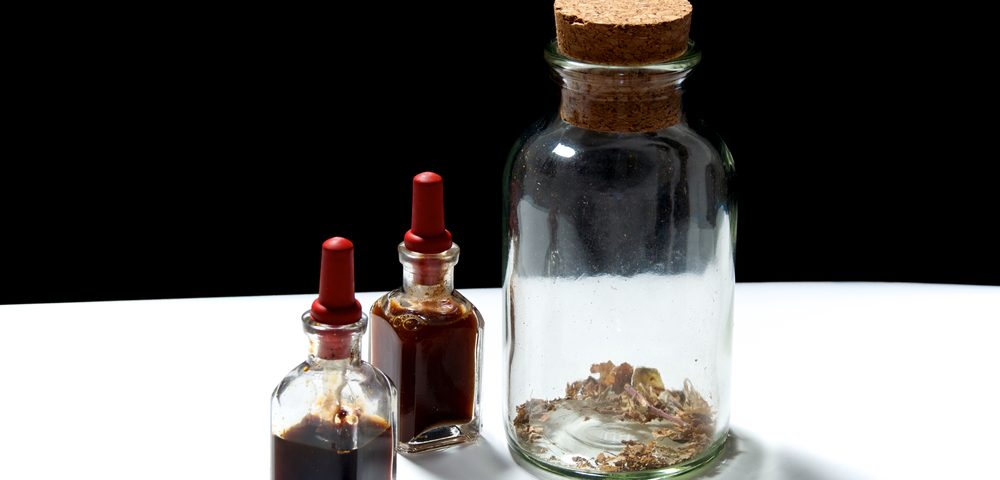A herbal extract of the plant Trichosanthes kirilowii was shown to bind the androgen receptor, triggering the same actions as testosterone in the body. The extract is used as a traditional medicine to treat cough, fever, pain, and inflammation, but its androgenic actions made researchers suggest it be explored as a treatment for androgen-related diseases, including benign prostatic hyperplasia (BPH).
But since the compounds making up the extract could have opposing actions on the androgen receptor, the research team underscored that more studies are needed to better understand its therapeutic potential.
The study, “Trichosanthes kirilowii Exerts Androgenic Activity via Regulation of PSA and KLK2 in 22Rv1 Prostate Cancer Cells,” was published in the journal Pharmacognosy Magazine.
Considering that medical treatments for BPH are linked to troublesome side effects, including sexual function, researchers are always on the lookout for new treatment options. Herbal remedies are considered attractive, having the potential to treat BPH without eliciting side effects.
Searching for compounds that either stimulate or block the androgen receptor, researchers at the Korea Institute of Oriental Medicine screened more than 30 herbal extracts for activity.
In addition to Trichosanthes kirilowii, the team identified Asarum sieboldii, Sanguisorba officinalis, and Xanthium strumarium as triggering the growth of prostate cancer cells. Since these cells need testosterone for growth, this was interpreted as a sign that the herbs acted through the androgen receptor.
Further experiments, however, showed that only Trichosanthes kirilowii could indeed bind to the receptor. The compound also had similar actions in triggering the gene expression of prostate-specific antigen and another testosterone-driven gene as testosterone.
The herbal extract of Trichosanthes kirilowii is reported to contain nine compounds. Interestingly, although the extract stimulated the testosterone receptor in this study, earlier research shows that one of these compounds was effective against BPH in a rat model of the condition.
But to understand the effects of the herbal extract, as well as its chemical constituents, researchers underscore that more studies exploring its effects in animal models with different androgen-related diseases are needed.

